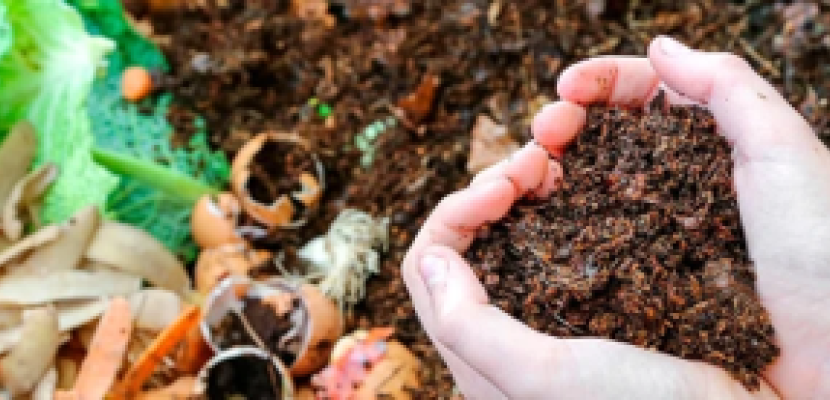
Municipality regulation on home composting

About this good practice
This practice was initiated to keep track on how much food waste being composted within the households instead of collected by the Municipality.
When a household would like to set up their own home compost, this must be reported to the Municipality. This applies only if the compost is to be used for biowaste also containing food waste. A compost for garden waste only does not have to be reported.
An application form has to be filled in and is available on the Municipalities official web site. The citizen provides information such as estimated amount to be composted annually and what kind of compost solution is planned to be used.
This information gives the Municipality an opportunity to provide advice and education on what compost solutions are available on the market and to give suggestions on how to build your own compost at home. Advice is also given on how to compost the food waste properly. This to be able to create a nice and safe environment without smell and rodent problems in the neighbourhood.
This system creates a good platform for distributing all information needed to set up a home compost the proper way and for overall educational purposes.
The Municipality is doing inspections regularly to ensure that the compost is kept safe and tidy.
The main stakeholder and beneficiary are both the Municipality and the citizens.
Expert opinion
Resources needed
Administrative resources and controller within the Municipalities organization is needed to be able to keep the practice in place.
Evidence of success
The practice gives the citizen the opportunity to home compost food waste in combination with the Municipalities overall system for collection of food waste and regular household garbage, using the dual bin system.
Approximately 28,8 tons of food waste is reported to be home composted annually by the households. A total of approximately 930 tons annually is collected by the Municipality in addition to the home composted food waste.
Potential for learning or transfer
The positive effect with this practice is that the Municipality can keep track on an estimated total figure of tons being composted at home. This in addition to the common collected food waste, to be able to get an overall total figure.
For educational purposes, this is a way to reach the citizens to provide knowledge and advice on how to compost safely.
The importance of sorting out and composting the food waste can be communicated through this practice, as well as the importance to keep it as clean as possible from plastic residue.
Providing information is necessary to create a change of behaviour in the long run.
The goal is to reach a higher grade of correctly separated food waste, not to increase the total amount of disposed food waste within the household.
From January 1, 2024, it is mandatory for all households to separate the food waste from the regular household garbage. By 2023 the sorted material was of 96% purity from plastic residue. The target is to reach 98%.

